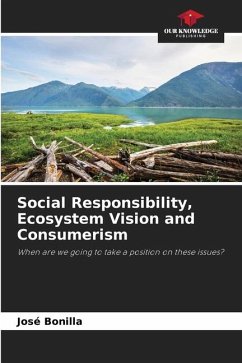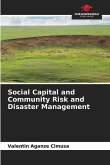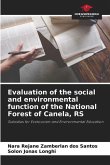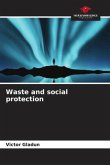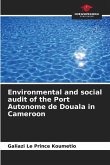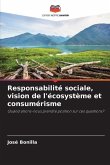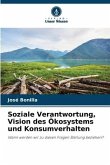According to the original definition made by Tamsley in 1935, "an ecosystem is a network of plant and animal species in equilibrium in a given region of the world, interacting with the environment". This balance is maintained through a process of self-regulation (biological equilibrium). Human interference in natural systems tends to degrade them, due to alteration of that balance (e.g. deforestation of the Amazon). In this text, the biological concept of ecosystems is analysed by linking it to human social systems. In this way, the ecosystem view of society would represent a new framework, an ideal to be followed, perhaps a utopia. However, a utopia does not mean an impossible dream, but rather an idea, which at present may have difficulties to be realised, due to the (usually irrational) blockages imposed on human thinking. Social responsibility, according to Davis and Blomstrom, can be defined as "the obligation of decision-makers to take actions that protect and develop social welfare as a whole, along with their own interests".
Bitte wählen Sie Ihr Anliegen aus.
Rechnungen
Retourenschein anfordern
Bestellstatus
Storno

